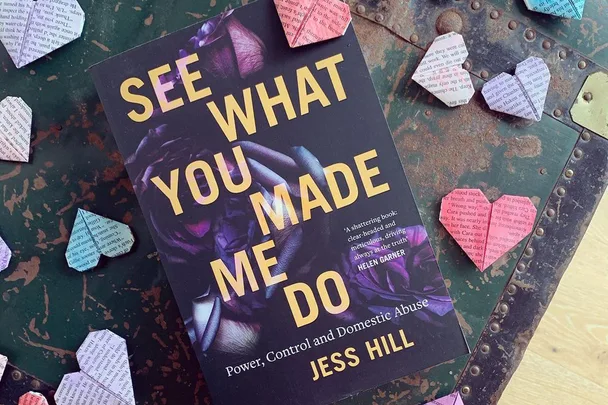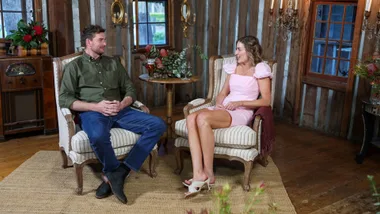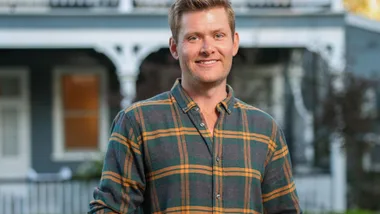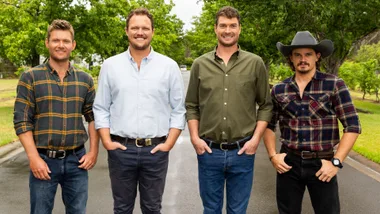For many, the harrowing reality of domestic violence is not always as visible as we might think. In Australia—especially in a year that has seen so many women and children staying at home—domestic violence is still a national crisis. One in four women will experience violence from a man they’ve been intimate with, but as we know, too often those affected are asked ‘why they didn’t just leave?’ when the real question should be: how do we stop these patterns of behaviour?
Coercive control is now at the forefront of domestic violence campaigns, with countries like England and Wales introducing legislation that is transforming how society sees domestic abuse. Defined as a sustained pattern of manipulative behaviour—which includes emotional abuse, isolation, sexual coercion, financial abuse and cyberstalking—coercive control is often a strong precursor to physical assault and associated with 99 per cent of cases where a woman is killed by her current or former partner.
In Australia, coercive control is not considered a crime anywhere except Tasmania, and as a passionate rally cry to State and Territory governments to change legislation to include coercive control, Are Media has launched its Criminalise Coercive Control Campaign. Launched with Women’s Safety NSW, White Ribbon Australia, Small Steps 4 Hannah, Queensland Women’s Legal Service, Women’s Community Shelters and Doctor’s Against Violence Towards Women, and supported by Are Media brands marie claire, The Australian Women’s Weekly and Better Homes & Gardens, the campaign is calling for coercive control to be criminalised by July 2021.
Below, we’ve looked to the incredible books that spent years exploring the underlying consequences on coercive control—both on individuals and society—providing crucial research and resources for those affected. From real-life stories to forensic research, these authors provide a welcome acknowledgement of how damaging, and how prevalent, this issue is.
See What You Made Me Do, Jess Hill
In See What You Made Me Do, investigative journalist Jess Hill puts perpetrators—and the systems that enable them—in the spotlight, doing a deep dive into the abuse so many women and children experience. Hill combines forensic research with riveting storytelling, radically rethinking how to confront the national emergency of fear and abuse in homes.
Hill asks; What do we know about perpetrators? Why is it so hard to leave? What does a successful intervention look like? The result is an award-winning investigation into the violence all-too-familiar in Australian society, and how that violence is often enabled and reinforced by the judicial system meant to protect us.
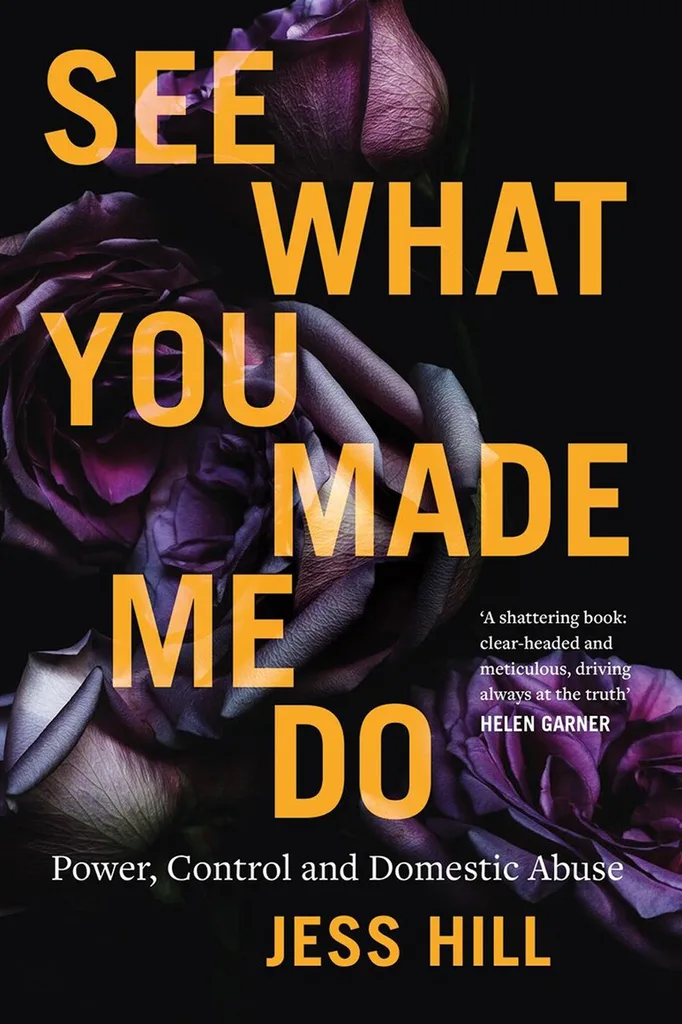
Coercive Control: How Men Entrap Women In Personal Life, Evan Stark
Evan Stark wrote Coercive Control in 2009, long before it was taken seriously in domestic violence cases. The American researcher explored the critical importance of non-violent control of intimate partners via coercive control, breaking through entrenched views of physical abuse that have ultimately failed to protect women.
From “beeper games”, food logs, micromanaging dress, speech, sexual activity and work, Stark—also a founder of one of America’s first women’s domestic violence shelters—details coercive strategies that men use to deny women their personhood.
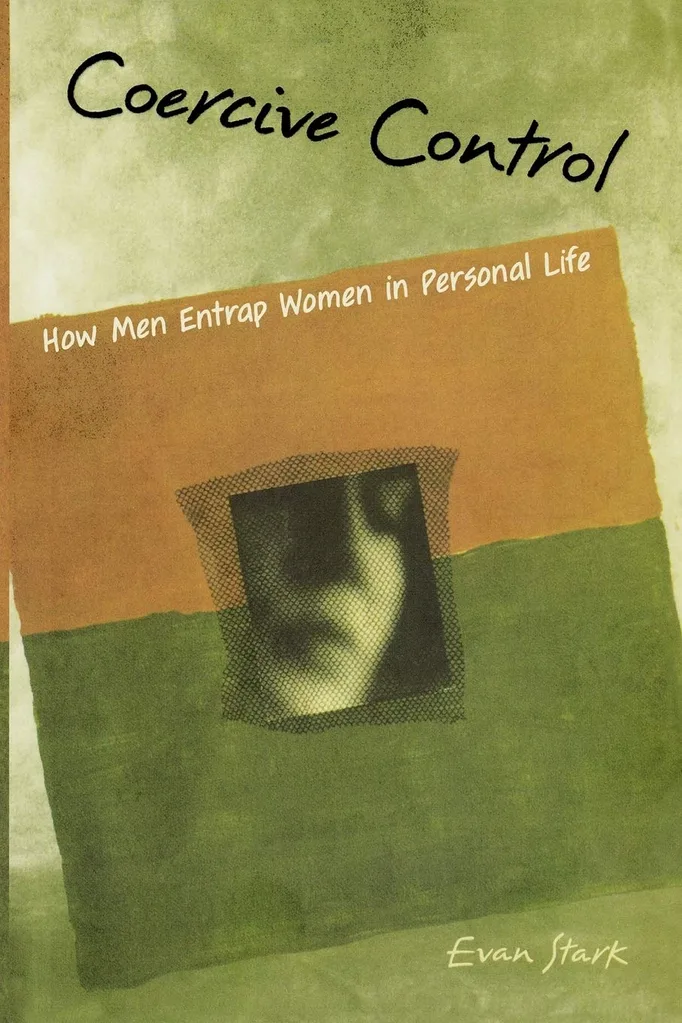
Invisible Chains: Overcoming Coercive Control In Your Intimate Relationship, Lisa Aronson Fontes
In Invisible Chains Lisa Aronson Fontes, Ph.D., explores what happens when a romantic relationship turns to domination, deep-diving into how the desire to control can lead to jealousy, threats, micromanaging and even physical violence. If you, or anyone you know, is trapped in a web of coercive control, this book provides hope, looking to real-life examples, in-depth explanations of controlling behaviours and an exploration of the underlying pathology of coercive control. It’s also aimed at helping readers recognise controlling behaviours of all kinds, determining whether they are in danger and find the resources necessary to regain independence.
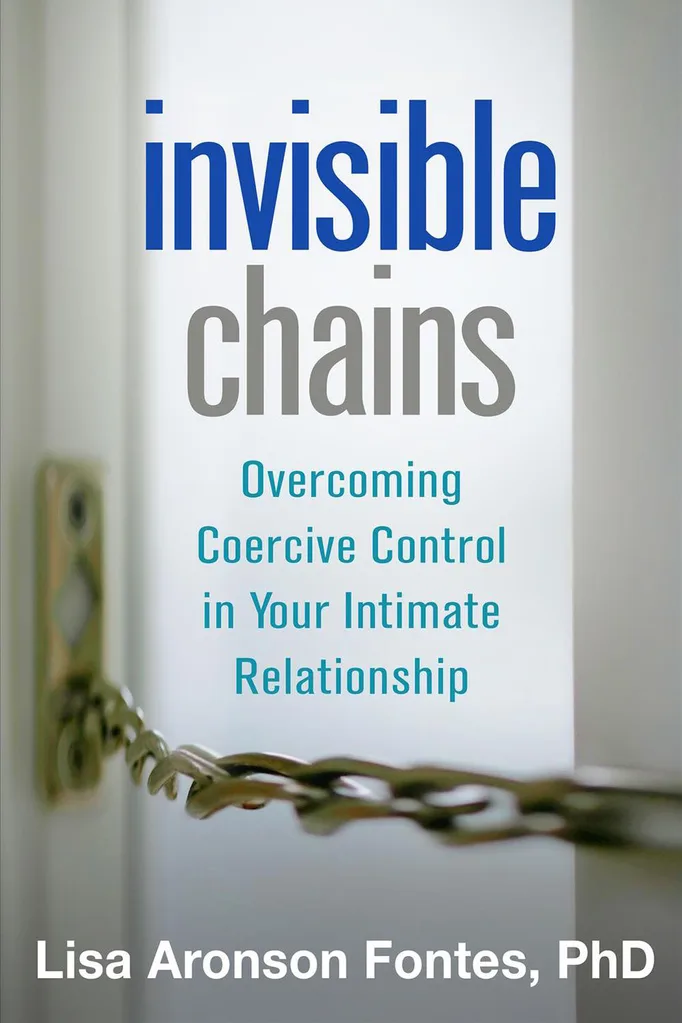
No Visible Bruises: What We Don’t Know About Domestic Violence Can Kill Us, Rachel Louise Snyder
Journalist Rachel Louise Snyder, through No Visible Bruises, gives context for what we don’t know we’re seeing. It looks to the common myths surrounding domestic violence: that if things were bad enough, victims would just leave, that a violent person can become non-violent and that violence inside the home is a private matter, sealed from the public sphere and disconnected from other forms of violence. Snyder delves into the stories of victims, perpetrators, law enforcement and reform movements, exploring the real roots of domestic violence, it’s consequences for society and what it takes to address it.
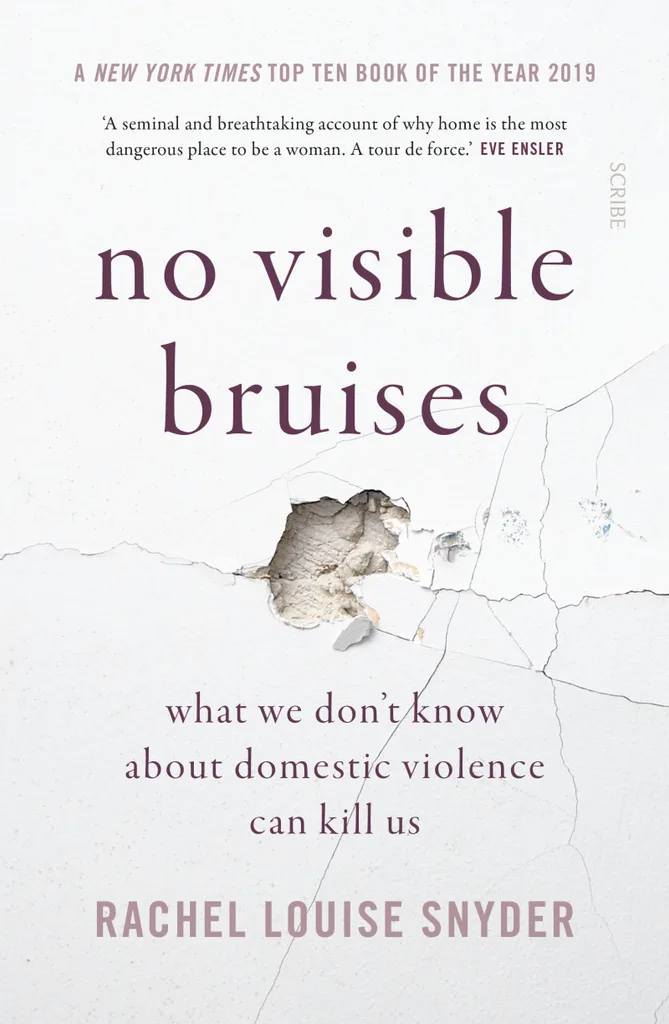
Women with Controlling Partners, Carol A Lambert
Lambert, a psychotherapist and domestic violence expert with three decades of clinical experience, based Women with Controlling Partners on her highly successful recovery program for women with controlling partners, giving strength, courage and strategies to acknowledge coercive control. The book uses Lambert’s three-stage recovery model, encouraging readers to be “empowered to move out of denial, deconstruct what holds you hostage, and take back your life.”
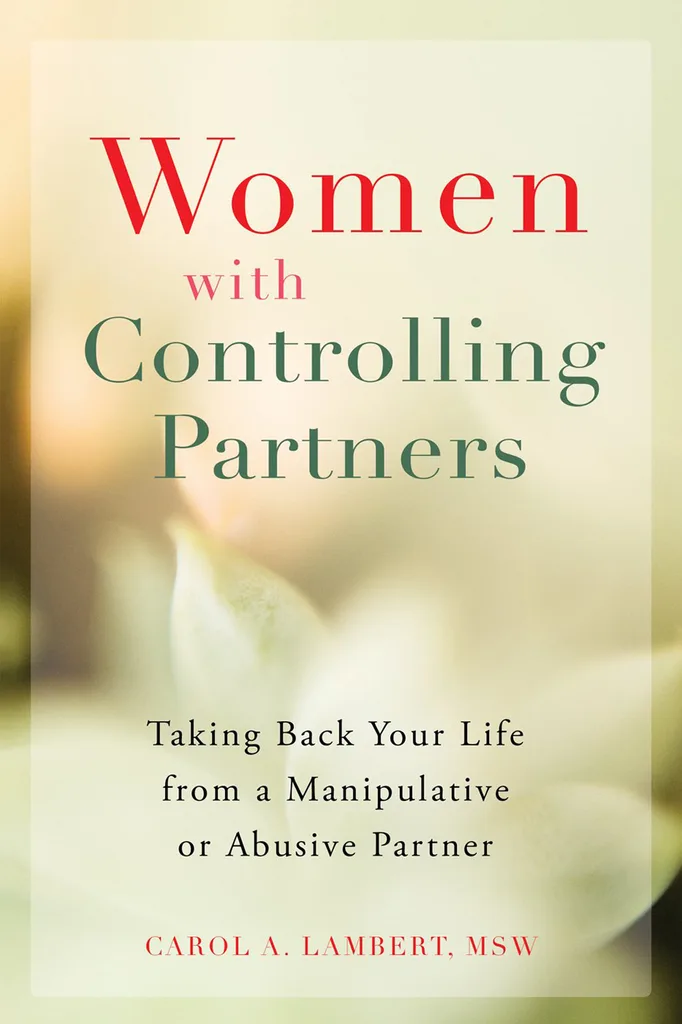
Sign our petition calling on the government to make coercive control a crime and help us change the lives of thousands of women.
If you or anyone you know needs help or advice, contact 1800 RESPECT on 1800 737 732 or Lifeline on 13 11 14.
Main Image Credit: @blackincbooks
